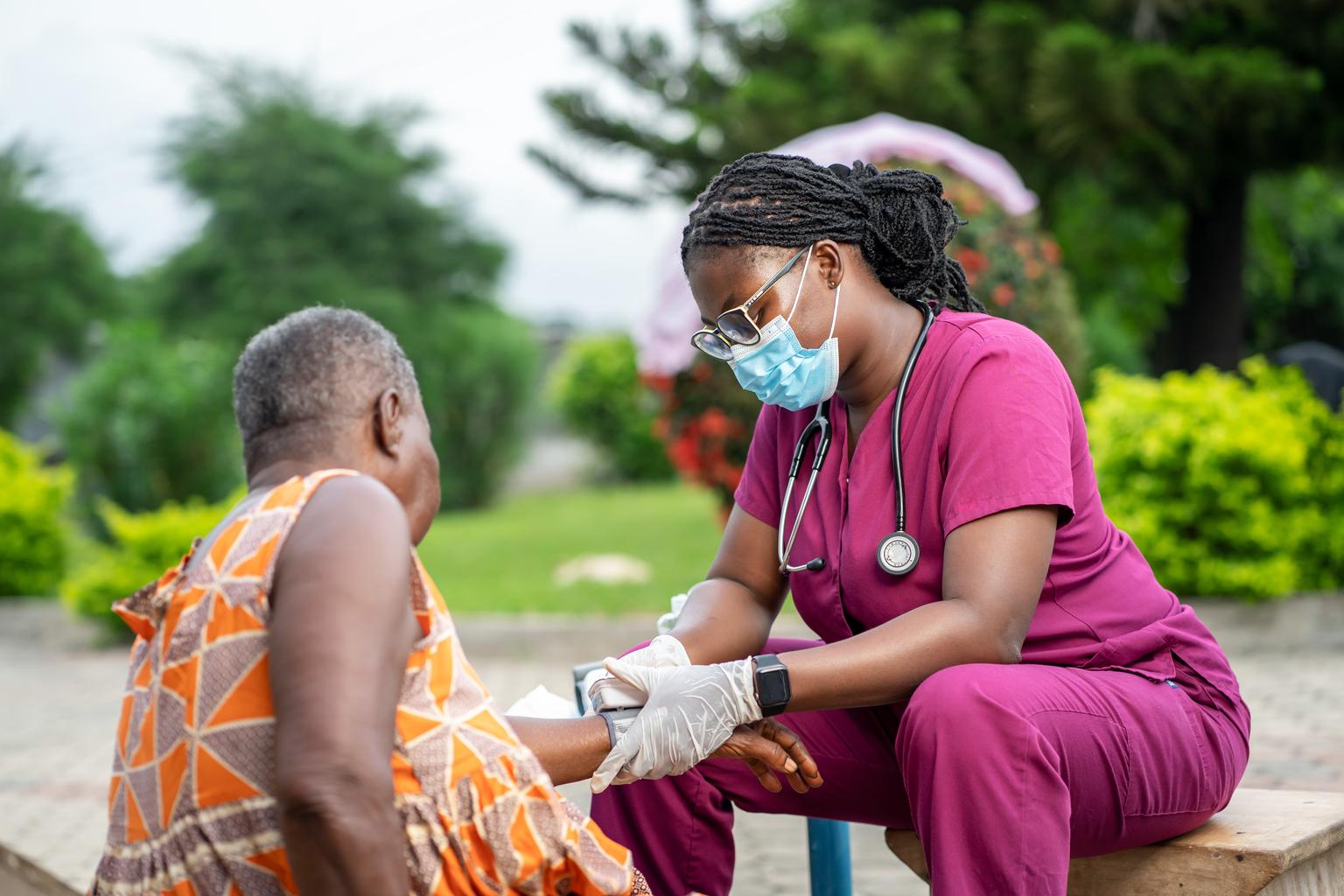When you’re an aspiring physician, residency interviews make it seem like you’re finally close to achieving what you’ve worked so long for. But getting bad news on Match Day can leave you feeling stranded, lost and deflated. Chances are that most of your peers matched, and the comparison can drive you crazy. If you didn’t get into a residency program, know that you’re hardly the first—or the only—doctor to experience this particular disappointment.
Maybe your board scores or clinical evaluations aren’t so great. Maybe you miscalculated and aimed too high or didn’t apply to enough programs. Maybe you simply don’t interview well. Whatever the reason, it’s just a setback, not a reflection on your intelligence, your right to be a doctor or how good a doctor you’ll be when you finally overcome this glitch on the path to your goals. Remember that acceptance into medical school is a bigger hurdle than getting into residency.
Still, you need to act fast to reassess the situation and secure the best option for moving forward. Here’s what to do.
Know your resources
Once Match Day is behind you, you’ll need help with your next steps. If you’re currently enrolled in medical school, start by approaching your student dean or adviser. While it may not sound like a consolation right now, your school already learned about your match outcome from the National Resident Matching Program® (NRMP). They’ve seen this before, and they’ve seen it in a variety of situations. Your medical school faculty won’t lose respect for you any more than they would lose respect for a student who developed pneumonia. It happens. Their job is to help you move forward.
If you’re not in a position to get help from your medical school faculty, either because you graduated years ago or because you went to an international medical school, talk to peers who are already in residency to let them know about your predicament. Being open about what you need is an important part of progressing, and any embarrassment over not matching doesn’t have a place in your steps to success. Just about every doctor knows at least one person who didn’t match the first time and eventually went on to excel as a physician.
React fast
You may need to act fast if you want to secure a residency spot. Applicants who don’t match can participate in the Supplemental Offer and Acceptance Program (SOAP), which is maintained by the NRMP in partnership with the Association of American Medical Colleges. A rapid process occurring during Match Week, SOAP links applicants who didn’t match with programs that are still open—even if they didn’t rank each other or know each other prior to the initial ranking deadline.
Throughout the year, some residency positions also periodically open due to unexpected circumstances like illness. Keep your eye on sites like Resident Swap to stay updated about these spots.
Bear in mind that with SOAP or jumping into an unfilled slot, you won’t have much leisure to ponder whether you really want to accept the position. It also might not be in your preferred specialty. This is a way to move forward in residency training without having to take time off or come up with an alternative plan.
Weigh your other options
If a rushed decision to jump on the first residency spot that opens isn’t for you, there are other short-term options. You can take a year or more away from residency to work in a research lab or study public health or business. Some students and new medical school graduates work as scribes or exam tutors, which can help in paying educational loans while you consider your long-term plan.
Keep in mind that completing a residency and becoming board certified is the surest path to success in medicine. In fact, even if you want to work in health policy, pharmaceutical leadership, research or the insurance industry, you stand a better chance of finding a solid job if you’re board certified in a specialty that isn’t your first choice than if you skip residency altogether.
You can reapply to the Match and try to overcome the issues that prevented you from matching the first time. If you didn’t apply to enough programs or if you tried for a specialty you aren’t qualified for, you can be more realistic the next time around to improve your chances. Research published in Medical Education Online shows that there is a strong correlation between residency specialty match and USMLE Step 1 and Step 2 scores, though this is subject to change as the USMLE Step 1 transitions into a pass/fail scoring system in 2022. It’s vital that you keep these factors in mind as you plan your path forward. You can eventually subspecialize in an area that aligns with your goals, but first you have to get your foot in the door.





